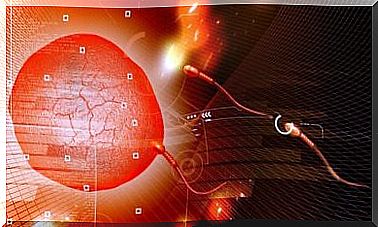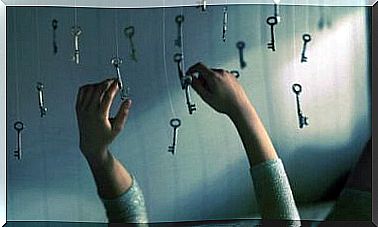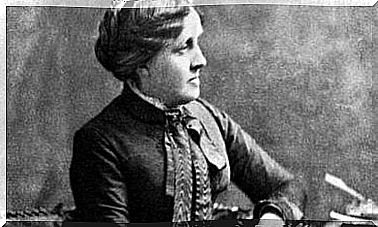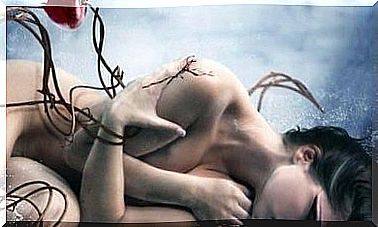Meditation And Other Non-pharmacological Treatments

If you are going through a period of crisis, there are various techniques that can improve your quality of life, regardless of whether you are ill or healthy. These techniques can be the perfect complement to pharmacological treatments if you are ill, but can also be used just to give you joy of life again. All fall into the category of non-pharmacological treatments, and include meditation, reiki, music therapy and others.
So let’s go on a journey and define these treatments and the impact they have on our physical and psychological well-being. Furthermore, we must define what well-being means and how it differs from the concept of health.
Diseases are traditionally treated from a pharmacological point of view. In other words, crises, anxiety and diseases that are solved with pills. Fortunately, this mindset has evolved, and it is now believed that pharmacological treatments are necessary in many cases, but not sufficient or optimal to improve the patient’s quality of life. On the contrary, exercises such as meditation are increasingly used as a complement to pharmacological treatments.

It is important to ask how non-pharmacological treatments can influence patients’ quality of life or perception of well-being, as well as their physical health through the impact they have on the immune system. And on top of that, we should also ask about their possible implementations of specific health centers and inclusion in therapeutic programs.
Although research on these techniques is relatively new, Engel suggested as early as 1977 the need for a biopsychosocial model. In it, he suggested that biological, psychological and social aspects are all involved in general health.
We can conceptualize well-being as a set of attitudes and behaviors that improve one’s quality of life and help one achieve an optimal state of health (Donatelle, Snow & Wilcox, 1999). In other words , it is an active process aimed at improving one’s life in all aspects.
This is where non-pharmacological treatments come into play because they allow the individual to play a major role in their own health. This can be achieved through healthy habits that are the result of good adaptation and integration of physical, mental, social, spiritual and emotional factors in all levels of health or illness. Therefore , you can experience well-being whether you are sick or healthy.

These findings are very important for both doctors and ordinary people because they lead us to new paths and offer the opportunity to use psychological treatments as a way to prevent disease.
One’s personality and emotional experiences influence one’s health and are an important link between illness and psychological stress. Psychological stress affects the immune system and the diseases that are linked to it.
Stressful situations, such as traumatic experiences and divorce, can generate negative emotions, including depression, fear, and hopelessness. These situations activate the central nervous system (CNS) and the autonomic nervous system (ANS), and produce changes in immune reactivity, which is a blow to the body’s defenses.
There are many strategies that can be used to manage stress, and there are many studies on alternative treatments that minimize the effects of stress and increase people’s sense of well-being. These include music therapy, meditation, reiki, yoga, visualization, physical activity, psychotherapy, etc.

Do you meditate? Do you doubt its effectiveness? Want to know what studies have been done about it? Before we answer these questions, we would like to mention that there are many other techniques we will not include here. Today we will focus on reiki, music therapy, meditation, acupuncture and laughter therapy.
Today , Eastern practices such as meditation and yoga have become increasingly popular. A study was conducted on 86 patients with chronic diseases, where all participants went to a program based on yoga, group discussions and information and stress management. The studies showed a decrease in cortisol levels, an increase in beta-endorphins and a decrease in interleukins and
After we have interpreted the results from different studies, we can establish the following:
- Non-pharmacological treatments show an increase in immunoglobulins, which influences the patient’s well-being, whether it is the main treatment or a complement to pharmacological treatment.
- It has also been shown that non-pharmacological treatments reduce stress levels due to a reduction in cortisol levels.
- However, there are limitations in this new field of research, and it is important to note individual differences between patients and different types of diseases in order to apply these techniques correctly. This is why there is still not much material to refer to when doing a new study.
- For this reason, the results of the studies of non-pharmacological treatments may be mixed with a placebo effect generated by the doctor’s positive expectations.
Finally, we would like to provide you with a link to a project in the UK that creates playlists for patients with dementia and Alzheimer’s, as a new form of memory therapy:









